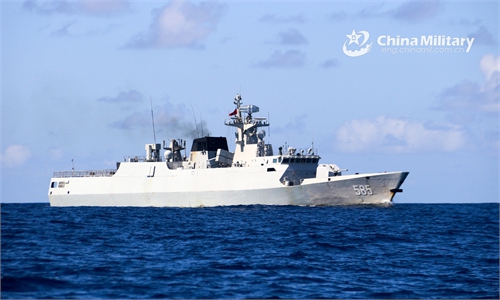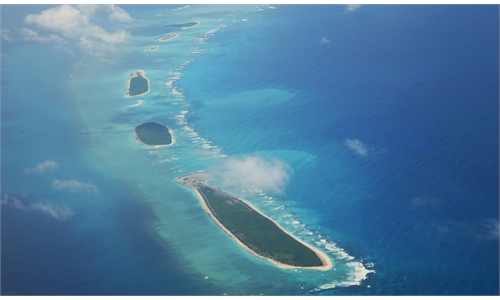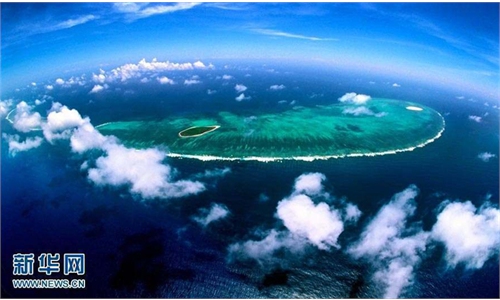Philippines’ attempt to use invalid, illegal arbitral ruling to deny China’s rights ‘unacceptable’: FM

Zhao Lijian
Chinese fishing boats taking shelter at China's Niu'e Jiao in the South China Sea from bad weather is "reasonable and legal," and attempts from the Philippines to deny China's legitimate rights and sovereignty in the water using an illegal and invalid arbitral ruling is "unacceptable," Chinese Foreign Ministry spokesperson Zhao Lijian said at a press briefing on Tuesday.
Despite China frequently emphasizing that the island is part of China's Nansha Islands, the Philippine Defence Secretary Delfin Lorenzana accused Chinese fishing boats, which the Philippine wrongly referred to as "Chinese maritime militias," of occupying their waterway.
The Department of Foreign Affairs in the Philippines even pressed China with the 2016 arbitral ruling, and threatened to lodge a diplomatic protest if China does not withdraw the fishing vessels from the waters immediately.
Zhao stressed that Niu'e Jiao is a part of China's Nansha Islands and Chinese fishing vessels have been fishing and taking shelter in its adjacent waters, which is reasonable and legal for Chinese fishing boats to do.
Zhao said it is unacceptable that the Philippines is attempting to use an illegal and invalid ruling to deny China's sovereignty and rights in the South China Sea and deny the legitimate rights of Chinese fishermen to carry out production operations in traditional fishing grounds in Nansha Islands, adding that it violated international laws including the UN Charter and the UN Convention on the Law of the Sea.
The ruling by the South China Sea arbitration tribunal is illegal and invalid, Zhao stressed, adding that China does not accept the ruling and firmly opposes any claims and actions based on the ruling.
The Chinese foreign ministry spokesperson called on the Philippines to stop stirring up the issue and look at the bigger picture of bilateral ties and stability of the South China Sea.
Global Times



